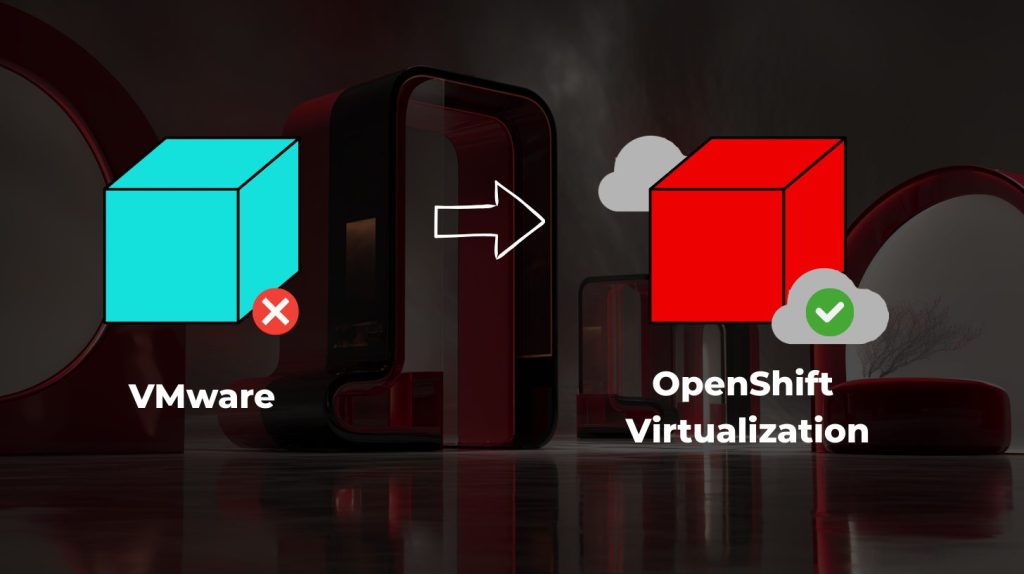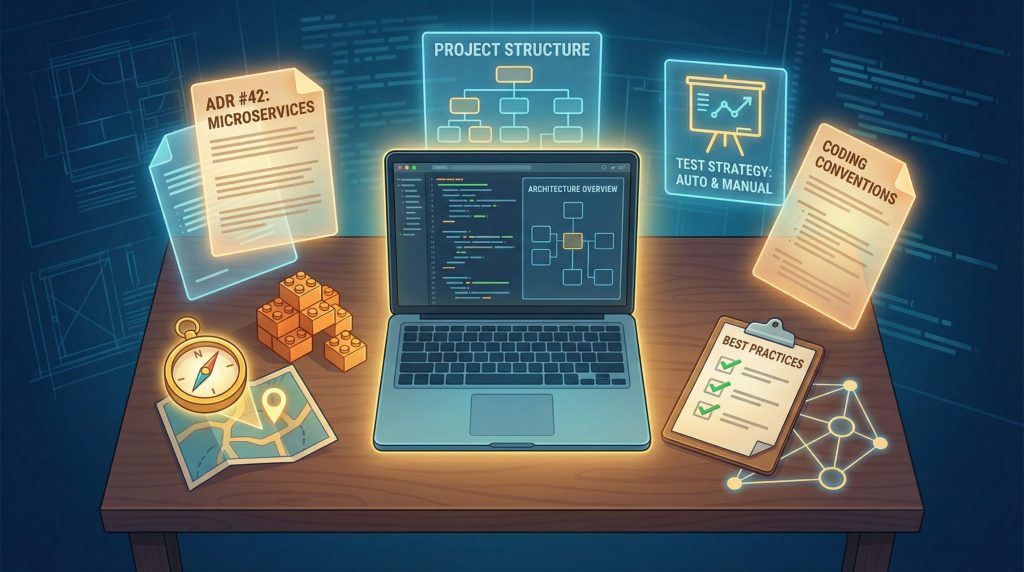QED, our conference that celebrates the twelfth birthday this year, has become the CROZ’s landmark in time. Before and after and around the QED are quite a good part of the year in the CROZ’s world. The conference is important to us not only for business reasons but also to us in the organizational team, for personal reasons. We are devoted to doing it excellently. A brief overview of last year’s QED can be read in the box. In this text, I would like to write about HOW we do QED. How to make an excellent conference?
QED 2017 in a nutshell
Topic: Harmony
Number of participants: > 200
Keynote: Richard Sheridan, the author of the book Joy, Inc.: How We Built a Workplace People Love
The best lecture: A roundtable with perspective teenagers shining on all fronts despite the system surrounding them.
The greatest experiment: Artistic workshop with business lessons by Tihomir Cirkvenčić.
Continuous improvement or “And even when everything is OK, it can be better”
Judging by the feedback we receive from our participants, the conference level is always excellent. The level is high, but we do not want to stagnate, and we want to see constant progress – from the objective and the subjective perspective, both of us and our participants.
After 11 years it is clear that a lot of things are easier to do than at the beginning. But where to find the room for improvement? How to escape stagnation?
Everything that could ever go wrong, in the past 11 years, we have experienced it. I hope I will not bite my tongue. We know how to manage the risks. We know how to reduce ourselves to the stress of the organization. What is “in time” moves from year to year backward. We will not order the gifts two weeks before or call the world-star lecturers who have fulfilled schedules one year in advance, only six months before the conference. We know how to choose quality lecturers, but we still struggle with the strategy how to gather them all at QED and get the best out of them. We know when to start working on the program, and we know how to react when the lecturer cancels the arrival two days before the conference when all materials are printed out. To have a standard way of doing things is great. That also means we have created a comfort zone around ourselves where it is pleasing to be because organizing a conference for 200 people is not an easy job. We can push the conference to the end of the world, but there is no creativity in the comfort zone. If we work in the same old way, we cannot expect to get different results.
Outside the comfort zone is the learning zone. How to speed up learning? We have learned that too. The answer is a retrospective.
Moving forward with retrospective
For two years now, thirty of us CROZ employees gathered at QED, as soon as the conference is over and the guests leave, allocate an hour to talk about how was at the conference, what was good, what could be better and what this means for the next year. The results are invaluable! There are a few things that life means (foreign guests stated they need a conference program booklet in English), to big things (the participants commented that the lecture X was hard), but also questions (opening has similar concept for two years – are we becoming boring or is it OK to repeat it?).

The second part of the review is the conference participants’ answers to the questionnaire, where we always find a lot of useful information. Ratings of the lectures and other parts of the program often confirm our assumptions from a retrospective, but sometimes they surprise us.
When we have all this, then the logical question is…
How to move forward and how to do better?
The assumption is that we have learned from the mistakes we have noticed on the last retrospective of the conference. Here we come to what I consider to be a key moment in the development of the conference – if we learned from mistakes, it means that without them we would not have learned something! Mistakes are great!
The mind of the perfectionist and the manager will immediately say: “My dears, can you please not make mistakes?”. Our experience shows that without mistakes we are stagnating. We create artificial harmony where everything is “OK”, but there is no growth. That is why we do experiments.
Experiments help us in development, and without them, we learn harder. Some of the experiments will result in success, some of them will turn out to be a mistake. Both are better than stagnation in the comfort zone. We experiment with a program, menu, entertainment, guests, lecturers and types of activities. One of the experiments that failed last year is called “Presentation karaoke”. Five people participated, and only two were not from CROZ. An experiment that was conducted a year before called “An interview with a guest who has no connection with IT at the conference opening” proved to be very successful, and we repeated it last year.
The value of a true experiment against the principle of “Let’s do something new, so it is not the same every year” is that the experiment is not a coincidence – that is an intervention that is designed to bring value to the conference, evaluated and implemented in a positive evaluation case. This Plan-Do-Check-Act (PDCA) cycle is also known to all agile software developers (does the other club exist? ), and with the meaning and the steps, it is not far from the method of scientific experimentation.
QED 2018 – Experiment
The previous paragraphs are the reason why we, looking at ourselves and inspired by our lecturers, selected the experiment as the topic of this year’s QED Conference. The term experiment in the business segment can be observed in the context of strategy, sales, development, teamwork, processes, tools, and much more. In the pre-conference period, we will certainly experiment more than usual. Judging by our meetings (we started in September), the experimentation will not bypass the conference itself. See you on May 6, 2018 in Zadar!



